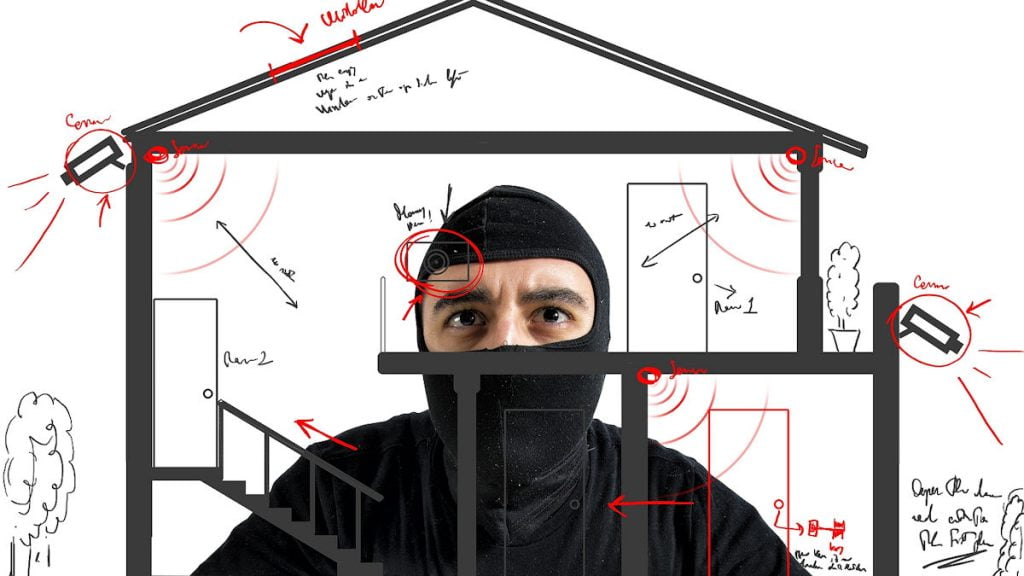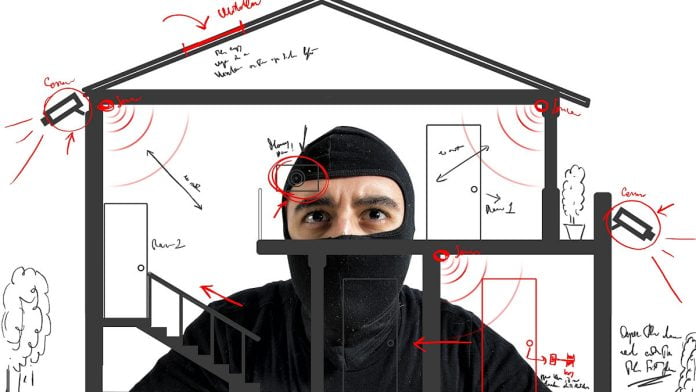Hardwired Or Wireless Alarm Sensors – Which Is Best?
Hardwired or wireless alarm sensors – Whether hardwired or wireless alarm sensors are best depends on what your priorities are, as well as the nature of your application.
For instance, if you’re an installer looking to get on and off site as quickly as possible, then wireless is best, especially if the building is modest in size, and construction is wireless friendly. On a larger. high security site, the priorities are likely to include conforming to Class 5 alarm standards, which call for secure monitored pathways from sensor to controller – in that case, you’ll likely use wire.
With Class 5 Intrusion Detection, end of line modules monitor edge devices with regular heartbeats, ensuring alarms are raised if communications with the ELM are lost. Many government applications mandate this hardwired standard.
Class 5 systems use 3-4 state analogue monitoring to detect sensor tampering, as well as the latest digital encryption to protect sensor communications.
The issue with wireless from a user’s point of view, is the ongoing cost of battery replacement, the potential for jamming and the possibility that wireless interference from an increasingly noisy RF environment will cause false alarms.
Obviously, there are applications where such compromises are worth it. Lower installed cost and greater speed and flexibility of installation are the main advantages of wireless and when it comes to domestic, small commercial and heritage applications, these benefits are impossible to beat.
Hardwired Or Wireless Alarm Sensors – Which Is Best
Efficiency in install is great but it means most the advantages in wireless accrue to the installer, not the user. If the system is a decent size, that user is going to need to manage or organise system-wide battery replacements within 5 years – less time for power hungry devices.
There’s no doubt that losing devices to battery failure can erode faith in a security system, though it’s nothing an installer can’t sort in an hour or 2. With wired systems you can pretty much ignore the security system for decades, other than doing controller battery replacements.
SCEC-endorsed Class 5 alarm systems are monitored from sensor to controller, and this monitored and encrypted hardwired technology certainly beats basic 433MHz wireless comms, a bandwidth that is shared by unsecured consumer wireless devices like garage door openers, etc, and typically has limitations on its range in challenging environments.
That said, there are wireless solutions that use more advanced wireless technologies – these might include spread spectrum, or an encrypted proprietary format. Advanced wireless should be considered as a different category. All wireless, and especially high security wireless, needs to have a maintenance program factored in to cover battery replacement and checking of changes in wireless environment.
We’ve lived with hardwired and wireless sensors over the years. Hardwire is very dependable – you never have to think about it. Conversely, wireless is very flexible – and wireless solutions are very easy to remove for system upgrade.
We’ve never had a wireless sensor fail for any reason other than needing a battery replacement. You can learn more about LPD433 wireless here or read more SEN news here.
“Hardwired Or Wireless Alarm Sensors – Which Is Best?”












